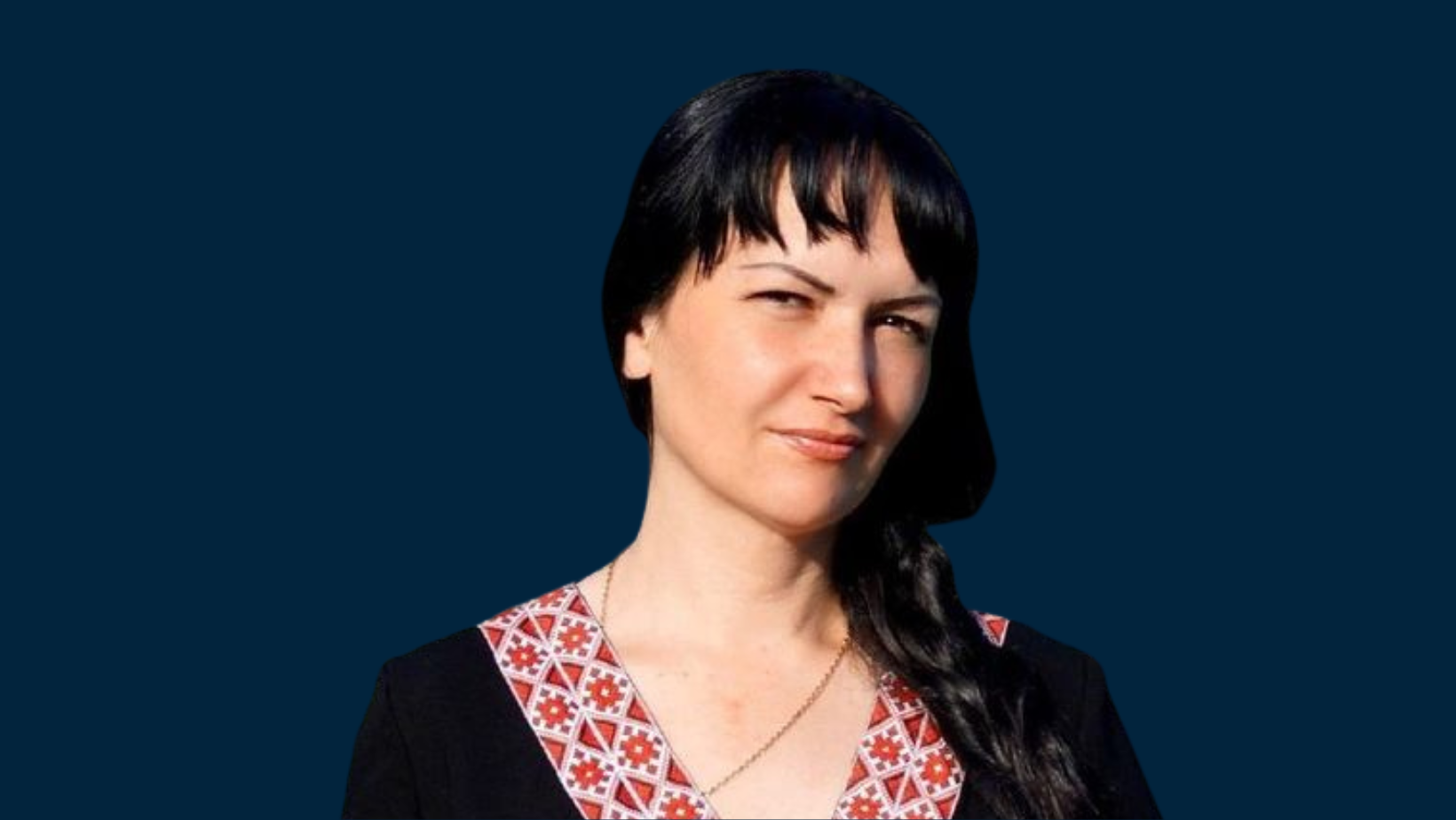CrimeaSOS: Iryna Danilovych is a political prisoner
17 / 05 / 2022
Civic journalist Iryna Danilovych is a political prisoner by criteria of the Political Assembly of the Council of Europe (PACE), as the CrimeaSOS analyst Ievgenii Iaroshenko reports.
Iryna Danilovych’s abduction and imprisonment correspond to 3 out of 5 PACE criteria, according to which a person is considered a political prisoner, Ievgenii YIroshenko comments.
Iryna Danilovych was deprived of liberty in violation of many rights, provided by the European Convention on Human Rights. In particular, upon arrest, she was not given a possibility to contact her relatives and lawyer. Without any charges, she had been detained in the Federal Security Service premises for 8 days, not fed properly, and threatened „to be taken out to the woods“. Irнna Danilovнch’s imprisonment is probably not related to any offense – the victim claims that the Russian security forces planted an explosive on her after interrogations at the FSB.
Iryna Danilovych’s detention looks like the result of unfair proceedings, caused by political motives. This may be evidenced by the planting of evidence and persecution of Iryna Danilovych for criticizing the healthcare system in Crimea.
Similar accusations of purchasing, storing or transporting explosives were previously brought against political prisoners Oleh Prykhodko, Denys Kashuk and Yunus Masharipov,” says Ievgenii Iaroshenko.
We recall that civic journalist Iryna Danilovych was tortured by the occupants while being held in the FSB premises. This constitutes a war crime and may be investigated by the International Criminal Court.
Additionally: in 2012 PACE adopted 5 criteria to consider a person a political prisoner.
“A person deprived of his or her personal liberty is to be regarded as a ‘political prisoner’:
a. if the detention has been imposed in violation of one of the fundamental guarantees set out in the European Convention on Human Rights and its Protocols (ECHR), in particular, freedom of thought, conscience and religion, freedom of expression and information, freedom of assembly and association;
b. if the detention has been imposed for purely political reasons without connection to any offence;
c. if, for political motives, the length of the detention or its conditions are clearly out of proportion to the offence the person has been found guilty of or is suspected of;
d. if, for political motives, he or she is detained in a discriminatory manner as compared to other persons; or,
e. if the detention is the result of proceedings which were clearly unfair and this appears to be connected with political motives of the authorities.” (SG/Inf(2001)34, paragraph 10).